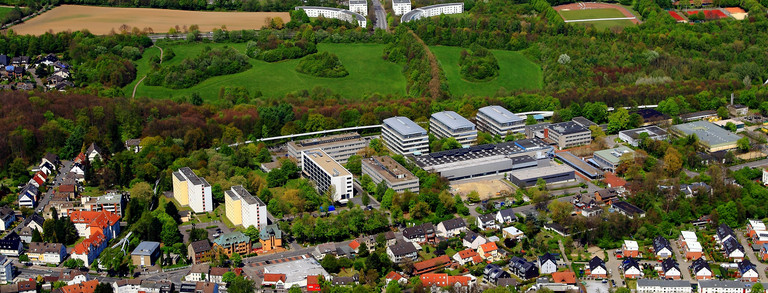Target-setting process of the Hamburg metropolitan region (2014 – 2015)
Building on the already completed evaluation of the work of the Hamburg Metropolitan Region (MRH) in the years 2010 to 2013, the FG ROP advises the Hamburg Metropolitan Region in the context of its medium- and long-term strategy development.
The aim is to discuss the medium and long-term development goals of the MRH (medium-term: strategic framework for action 2014-2016, long-term goals until 2025) as well as to discuss content-related as well as structural issues. The tasks of the project support include the ongoing consultation of the MRH, the elaboration of three scenarios on possible future developments of the MRH in coordination with the MRH, the moderation of two workshops with the regional stakeholders as well as the conceptual consolidation of the results of this process. A so-called "transformative approach" to scenario planning will be used to develop the scenarios as part of the goal-setting process for the Hamburg metropolitan region. The focus is on developing a common understanding among the regional stakeholders of the metropolitan region about possible developments and alternative courses of action.
On behalf of the sponsors of the Hamburg Metropolitan Region (MRH), the Department of Spatial Planning and Planning Theory at the Technical University of Dortmund acted as an external expert to evaluate the work in the MRH committees between November 2013 and March 2014. The present study was a summative implementation, goal achievement and efficiency control. The evaluands were the committees, instruments and work and decision-making processes of the MRH in the period from 2010 to 2013. It was the task of the evaluation to prepare the strategic and structural further development of the MRH through a qualified "retrospective".
In a next step, the medium- and long-term development goals of the MRH (medium-term: strategic framework 2014-2016, long-term goals until 2020) are to be discussed as well as content-related and structural issues. Within this framework, the Hamburg Metropolitan Region has again commissioned the FG ROP in cooperation with the Büro für Szenarioplanung (NSP), Dresden, with project support. This includes the ongoing consultation of the MRH, the elaboration of three scenarios on possible future developments of the MRH in coordination with the MRH, the moderation of two workshops with regional stakeholders as well as the conceptual consolidation of the results of this process.
Scenarios do not serve to predict, but to present possible futures as a basis for strategic planning. They describe potential future developments and are based on reciprocal influencing factors, for each of which several conceivable development possibilities in the future can be considered. The aim of scenario planning is to support strategic decision-making by highlighting future opportunities and risks.
A so-called "transformative approach" to scenario planning will be used to develop the scenarios in the context of the target-setting process for the Hamburg metropolitan region. This is a practice-oriented method of strategic foresight developed from within Shell and differs significantly from scientific (prospective) approaches to strategic foresight. It aims less at the pure scientific analysis of future developments. The focus is on developing a common understanding among the regional actors of the metropolitan region about possible developments and alternative courses of action. Transformative scenario planning focuses more on the understanding of necessary changes and further developments of the metropolitan region than on the pure analysis of possible developments. The starting condition is that the participants have the common will to arrive at solutions or courses of action in a given situation despite differing positions.
In German-speaking countries, comparable scenario planning processes have taken place in recent years in Linz, Paderborn and Zurich, for example. Approaches of scenario planning with the use of extended scenario workshops (see below) have been (co-)conceived and moderated by Mr. Neumann, Büro für Szenarioplanung (NSP), several times in recent years, for example in 2010 during the development of nationwide spatial development scenarios for the BBSR, between 2010-2012 in the Rostock metropolitan area in the context of the Rostock climate adaptation strategy, between 2011-2013 in the Havelland-Fläming and Meißen regions (both in the context of the regional resource efficiency strategy), and between 2000-2004 in the European City of Görlitz / Zgorzelec in the context of cross-border model development.
Translated with www.DeepL.com/Translator (free version)



